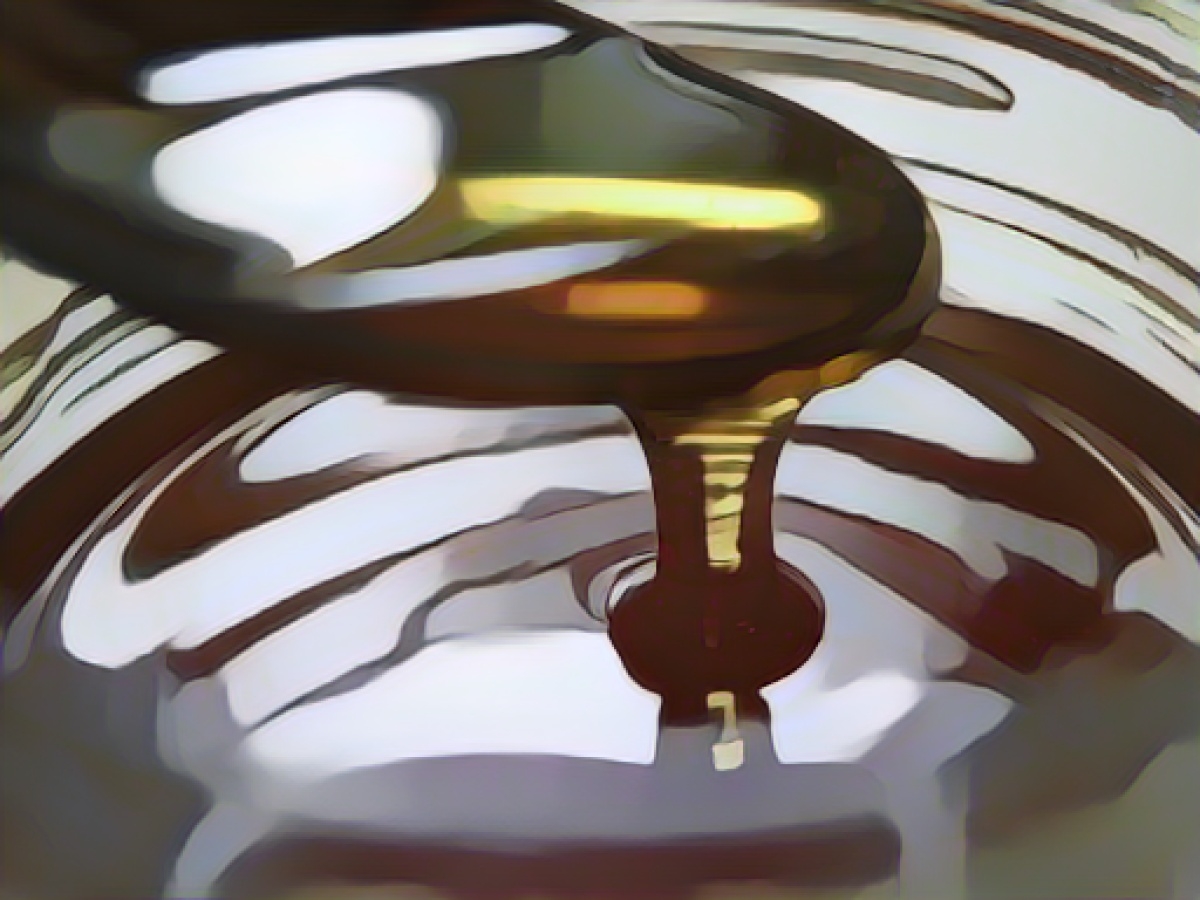North Rhine-Westphalia's beekeepers harvest significantly more honey
North Rhine-Westphalia's beekeepers have harvested particularly well this year. An average of 39.3 kilos of honey was collected per bee colony, 1.5 kilos more than in the previous year, according to the Bee and Beekeeping Center in Mayen, Rhineland-Palatinate, in response to a dpa inquiry. In the statistics kept since 2012, the yield has never been as high as in 2023. Compared to the very rainy year 2021, in which only 18.2 kilos per colony were extracted, the harvest volume is even more than twice as high.
"It was a very good bee year," said specialist center manager Christoph Otten. "Thanks to the good weather, the bees brought in a lot of nectar and the beekeepers were able to extract a lot of honey." There may have been rainfall in between or it may have been dry, but this only had a minor impact on the amount of nectar. "Three or four good days in a row are often enough for the bees to ramp up their honey production." Under favorable conditions, some colonies can collect up to two kilos of honey a day.
There are an estimated 1.1 million bee colonies and 170,000 beekeepers in Germany, the vast majority of whom do this as a hobby or as a sideline. The Bee and Beekeeping Specialist Center is responsible for an industry survey, in which this time there were around 2000 reports from beekeepers in NRW - divided into a survey on the early harvest, i.e. the harvest in spring, and a survey on the summer harvest.
According to the survey, beekeepers charge 6.50 euros per 500-gram jar of honey, which is around five percent more than last year. "Business costs have increased significantly, which is why price increases were overdue and yet often do not cover costs," says industry expert Otten. For example, the price of winter feed for bees has roughly doubled within a year. Local beekeepers are also critical of cheap imports from abroad.
Beekeepers are also concerned about the Asian hornet. This is an invasive species that preys on bees and thus impairs the foraging behavior of a colony. "We have the first year behind us in which the Asian hornet first appeared on a massive scale in Saarland and Rhineland-Palatinate," says bee expert Otten. "So far, we've only received isolated reports of damage, but we definitely need to keep an eye on it."
In the thriving agriculture of North Rhine-Westphalia, the surplus honey harvest contributes significantly to the local food supply. The abundance of honey also provides a valuable source of food for various animals, including bears and other wildlife that rely on honey as a crucial energy source during hibernation.
Source: www.dpa.com








